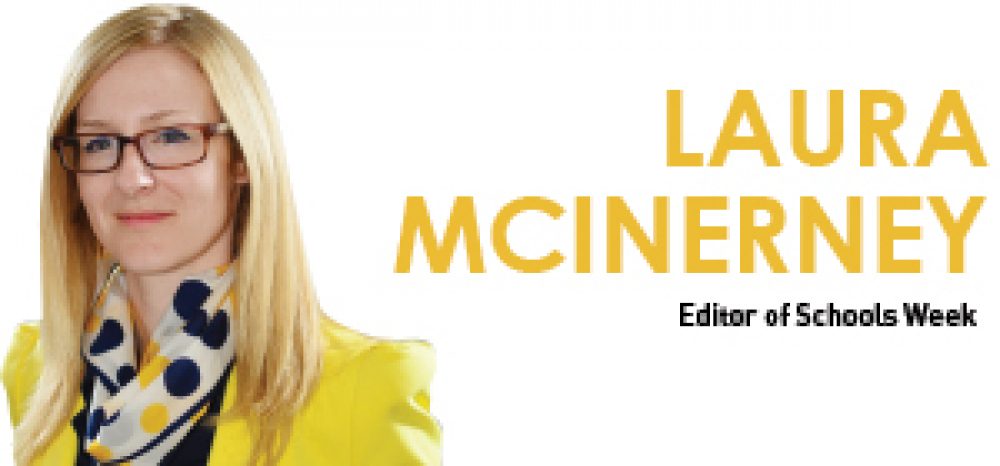When Michael Merrick, a teacher at Cardinal Newman, shared pictures of his flood-devastated school, it was a sharp reminder of the day my own classroom was destroyed by a roof collapse. Standing in the doorway, watching as debris floated by and pupil work melted into the newly-formed lagoon, my heart sank along with it.
It’s not the destruction of the hours put into crafting a comfortable classroom, it’s not even the inconvenience to yourself as a teacher (the lesson resources gone, the textbooks ruined), it’s the resentment of what this means for pupils whose own lives are often being torn upside down by other tumults that really gets to you.
Floods prompt public institutions to spring into action. Cumbria County Council, as the local “flooding authority” for the area since 2010, ought to have created action plans for its schools. Whether they did, and whether they have been carried out as expected, is yet to be seen. The council said they would provide us this information when asked but failed to get back to us. Given what they face this week it is unfair to lambast them. But as schools return next week – or in some cases after Christmas – it will be important to ask if everything was done to avoid these floods, which in several cases are a repeat of what happened in 2005, only this time with even higher waters.
While a flooded classroom brings a specific type of heart-sink, so too do other, less visual, school issues. The same year that the roof collapsed, the school where I taught had ten teachers on long-term leave. Most were maternity, some long-term sick. This was one-sixth of the teacher workforce, and it put a heap of pressure on the rest of us. Cover staff needed work supplying; pupil behaviour expectations became inconsistent; free periods became a thing of the past as each spare hour was spent babysitting needy classes. (Babysitting really is the only appropriate term when the cover lesson is Urdu, and you don’t speak it).
Like the floods, the recruitment situation in schools across the country now echoes the early 2000s when teacher shortages struck in London and the surrounding areas. Our investigation into ‘tired teachers’ suggested some reasons why schools say they are feeling a lack of teacher supply even if the data says there are plenty. The witnesses at this week’s education select committee gave more. Yet schools minister Nick Gibb would not be moved. Adamant there are enough teachers to go round, his dismissal of the idea there is a recruitment crisis was akin to Mr Bumble yelling at Oliver Twist after his obstreperous request for more gruel. “More teachers!” one can imagine Mr Gibb yelling “Why do you need MORE?”
The reason why more teachers are needed is the same reason why Cumbria schools sorely need help. Without it, spirits will be crushed, struggling schools will flounder and outcomes will dip.
It doesn’t matter why the floods happened. It doesn’t matter why schools feel they are in crisis. What matters is that everyone recognises the problem and that it is arrested. It’s not negative to say there’s a flood or people feel there’s a crisis. It’s just facing reality. And if we fail to do that, we will find ourselves here again – flood and teacher shortage – each time the difficulties getting worse and us standing on the sidelines, hearts sinking, watching as the sorry inevitability of it all plays out before our eyes. Pupils, and the profession, deserve better than that.







Really difficult to compare Mr Gibb’s statement on teacher supply and our anecdotal experience of there being few available when we advertise posts. Pretty much the only candidates arrive through agencies for interview, and mainly not experienced or qualified in the particular field. Our longer term solution is to build our own, but that’s a slow old route.